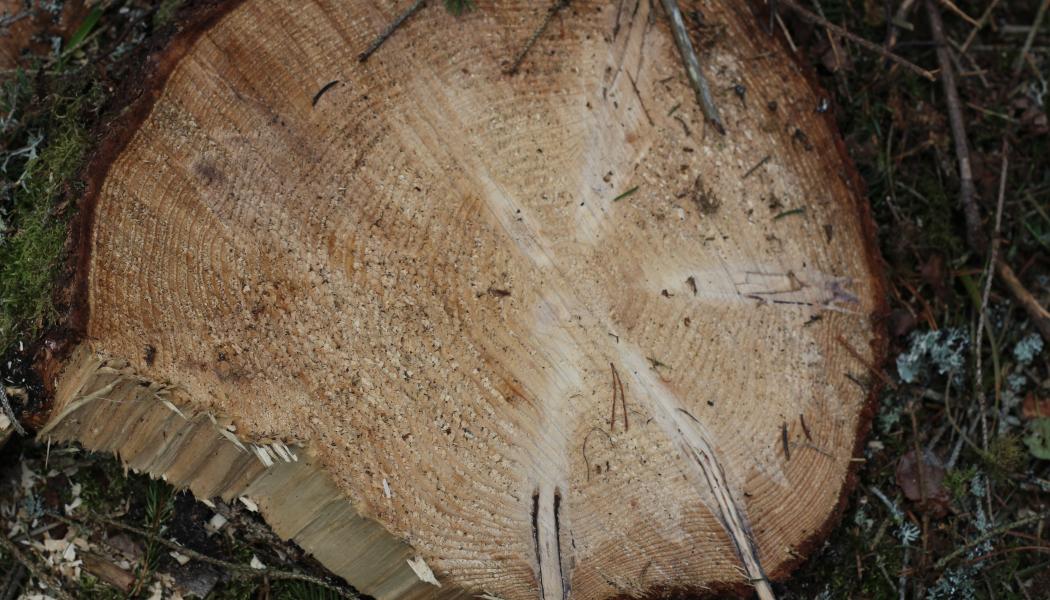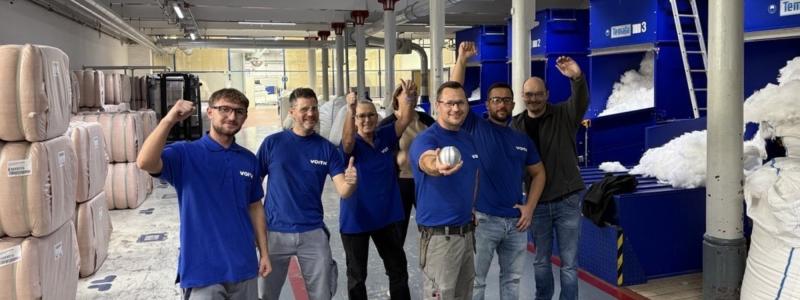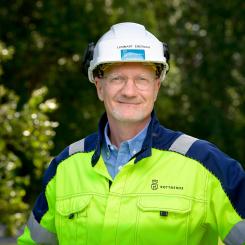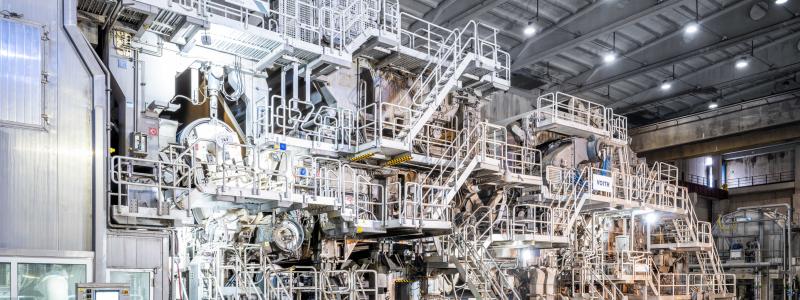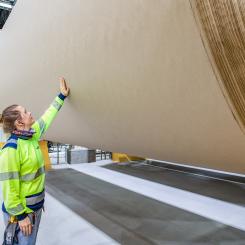The Forest Enhancement Society of BC (FESBC) continues to play a pivotal role in advancing sustainable forest management practices through its funding for wildfire risk reduction and fibre utilization projects across the province of British Columbia. Through funding initiatives, FESBC has been instrumental in most recently supporting three critical projects undertaken by NorthPac Forestry Group Ltd. (NorthPac). These projects have significantly enhanced forest operations while contributing to British Columbia’s carbon reduction goals.
While the three projects funded by FESBC for NorthPac are similar in nature, each has its own unique aspects. For instance, a portion of the fibre removed by NorthPac and Coast Tsimshian Resources LP (CTR) includes small-diameter tops and limbs, which were historically left in the forest. In securing funding from FESBC, NorthPac and CTR have been able to introduce a chipper in Terrace to recover significantly more wood waste material, contributing to more efficient forest management.
“Forests are at the heart of our identity in B.C., and we are all responsible for ensuring their future,” said Bruce Ralston, Minister of Forests. “As we work to support a strong and sustainable forest sector, FESBC has played a pivotal role in helping get more fibre that would have previously gone to waste into the hands of mills across B.C. to be processed into usable products. These initiatives help get more value out of every tree, increase wildfire resilience and lower greenhouse gas emissions, all while supporting the hard-working people and businesses that make up our forestry sector.”
Cathy Craig, CEO of NorthPac, highlighted the importance of FESBC’s support. “The Forest Enhancement Society of BC’s funding is crucial for NorthPac and our partners. Without it, we would not be able to economically move a significant portion of the wood fibre in the forest due to challenges such as the long distances to haul logs and low-value fibre. For instance, some blocks – or forest areas – consist of over 50 percent pulp, a lower-value wood fibre unsuitable for making more valuable products. The Forest Enhancement Society of BC’s financial support has helped us not leave this material behind to be burned, ensuring its more efficient utilization.”
Northwest B.C.’s forests are a testament to the region’s diversity, ranging from wetter coastal forests to drier areas more prone to wildfire. The absence of major sawmills and the limited presence of significant industry players necessitate innovative approaches to timber utilization. Local mills cannot process all the different species and log sizes in the region’s forests, resulting in a dynamic system of fibre distribution. Timber harvested in the region often follows various routes, including being supplied to local mills, transportation to the lower mainland and for export to other parts of the world.
Since partnering with FESBC, NorthPac has transported over 150,000 cubic metres of pulp logs and wood waste for utilization, significantly reducing carbon emissions that would have resulted from burning. Of the total transported material, a substantial portion of this fibre went to pulp mills in the lower mainland in the form of pulp logs and wood chips. Some of the material has gone to Drax to make wood pellets, and a small amount was used to produce squared-off logs, or cants, in Houston, B.C. Most recently, some of the wood chips were sent from Terrace to the Canfor pulp mill in Prince George via rail.
Andrew Burke, Director of Business Development with NorthPac, noted, “If this material had been burned as logging waste, it would have emitted upwards of 200,000 tonnes of CO2, which is equivalent to the CO2 emissions produced by 61,273 vehicles in a year*.”
The FESBC-funded projects have not only contributed to environmental sustainability but have also significantly benefitted the economy. Approximately 4,350 full-time equivalent days of employment have been supported, creating new job opportunities, and driving local economic growth.
Moreover, these projects are immensely important for Indigenous communities in the region.
Kelly Sampson, director of Coast Tsimshian Resources LP, noted, “The involvement of Indigenous communities in forestry projects is paramount to ensuring sustainable development and economic empowerment. Through collaboration with NorthPac and FESBC, we are strengthening our stewardship of the land while creating opportunities for meaningful participation and benefits for our people.”




